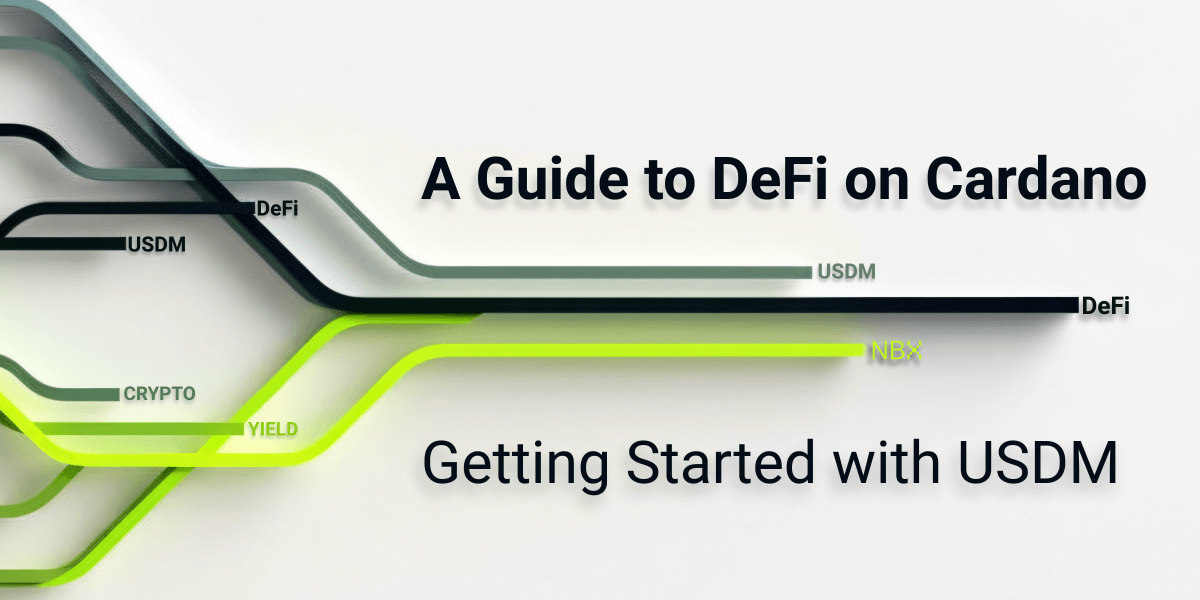A time horizon is a period of time that you set for your investment or trade to run its course (be settled). Time horizons can range from a matter of minutes to years, depending on whether you're an investor or a trader and what sort of risk you're comfortable taking.
It's easiest to understand the utility of a time horizon through the example of an investor instead of a trader. Investors use time horizons to decide when they want to buy the assets they're interested in and when they want to sell them or just re-evaluate their holdings (rebalance their portfolio).
With a clear time horizon, you can easily set a schedule for dollar-cost averaging into your desired position.
Generally, yes, that is true.
With Bitcoin, for example, if you bought 1 BTC at the beginning of this year, you'd have a 64.87% ROI. Consider, however, what buying 1 BTC back in 2015 would've meant. From then until June 2020, despite the 2018 bear market, you'd have garnered a 3500% ROI. Consequently, in Bitcoin's case, longer time horizons (like 5 years) are better, based on historical data.
Other assets like Ether don't exactly fit this mold, a trend we'll discuss in future posts.
Even so, if you take Bitcoin's data with the history of the global stock, bond, and commodity markets, you'll see the same pattern repeating. Holders with longer time horizons always tend to profit more across almost all asset or commodity classes.
Traders use time horizons to time their trades, just like investors use them to time their investments' entry and exit (or re-evaluation) points. Because of the nature of what they do, the process of setting clear time horizons on a trade-by-trade basis is a bit more complicated.
The article does not constitute financial advice.


